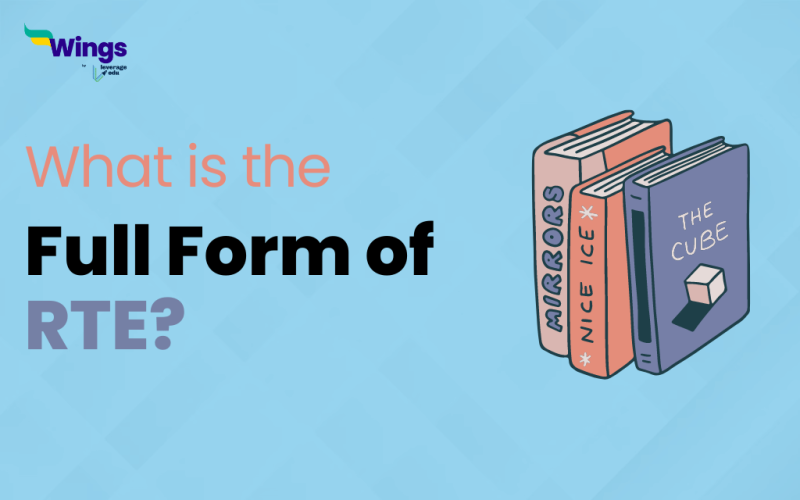The full form of RTE is the Right to Education. It is a fundamental right that grants every child the opportunity to receive free and compulsory education, making it an essential component of ensuring a just and equitable society. RTE is a significant legal and social milestone aimed at eradicating illiteracy and providing equal educational opportunities to children across different socio-economic backgrounds.
Also Read: Importance of Education in Development
The Origins of RTE
Table of Contents
The roots of RTE can be traced back to Article 26 of the Universal Declaration of Human Rights, which states that everyone has the right to education. In 2002, the Government of India introduced the 86th Constitutional Amendment Act, which made education a fundamental right for children aged 6 to 14 years.
Key Objectives of RTE
The primary objectives of RTE revolve around ensuring universal access to quality education for all children. It seeks to eliminate discrimination based on socioeconomic status, caste, or gender, by making education free and compulsory. RTE also aims to enhance the quality of education by emphasizing teacher-student ratios, infrastructure development, and teacher training.
Also Read: Importance of Education
Salient Features of RTE
- Free and Compulsory Education: RTE mandates that the government provide free education to all children aged 6 to 14 years and makes it compulsory for them to attend school.
- –Prohibition of Discrimination: RTE prohibits schools from discriminating against children on various grounds, ensuring a level playing field for all.
- Quality and Infrastructure: The Act emphasizes improving the quality of education and school infrastructure to create a conducive learning environment.
- Private School Inclusion: RTE extends its provisions to private schools as well, making it obligatory for them to reserve a percentage of seats for economically disadvantaged students.
Implementation and Challenges
While RTE is a commendable initiative, its effective implementation faces several challenges. Issues such as inadequate infrastructure, lack of trained teachers, and socio-economic disparities pose hurdles in achieving its goals. Additionally, some private schools have reservations about the compulsory reservation of seats for disadvantaged students.
Also Read: Different Types of Schools in India
Impact of RTE
Since its inception, RTE has had a transformative impact on education in India. It has brought millions of children into schools who were previously excluded due to financial constraints. The Act has also led to increased awareness about the significance of education, contributing to a gradual decline in the overall illiteracy rate.
The Right to Education (RTE) is a progressive step towards empowering the youth and building a brighter future for the nation. By ensuring education for all, RTE takes significant strides in breaking the chains of ignorance and poverty.
However, constant efforts and collaboration between the government, educators, and society are necessary to overcome challenges and make the dream of quality education a reality for every child.
This was all about RTE full form. Visit our Full Form Page to discover more intriguing articles about full forms. You can also check out the consolidated 300+ full forms list!
 One app for all your study abroad needs
One app for all your study abroad needs













